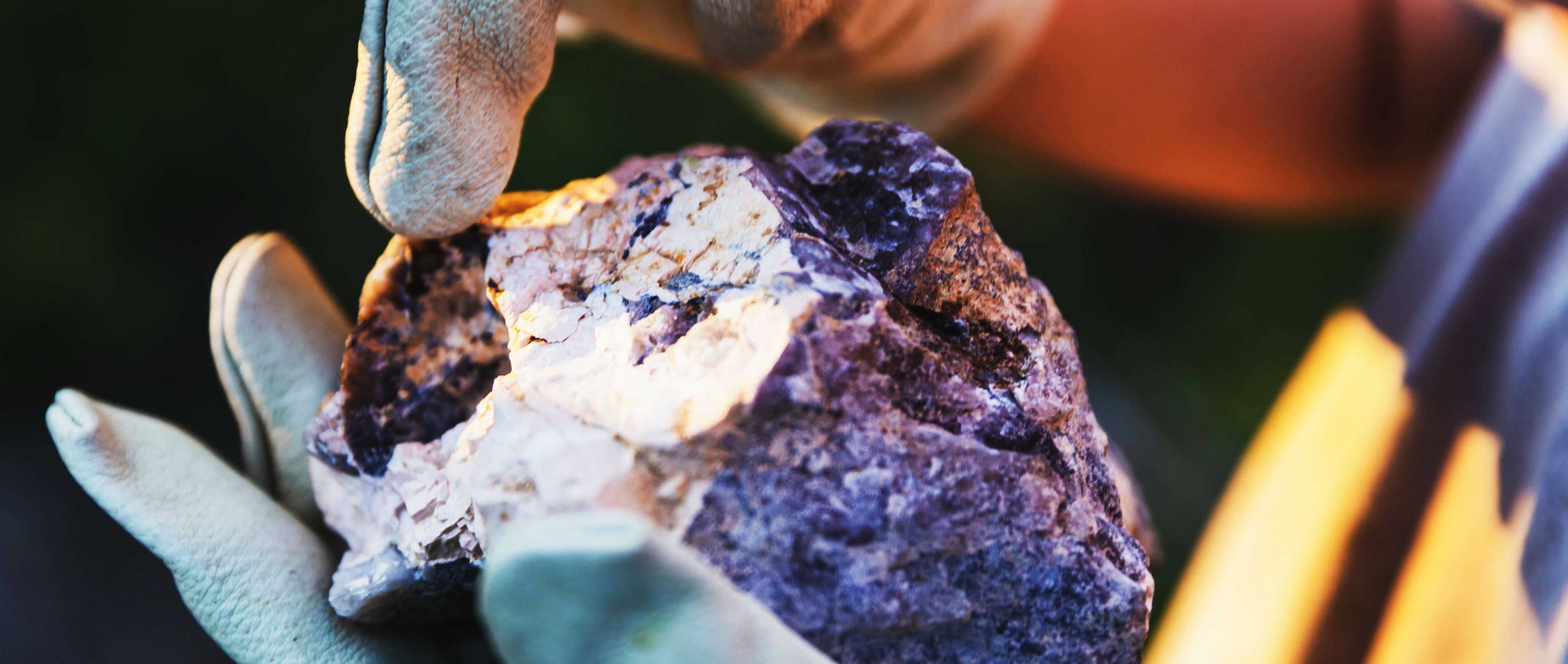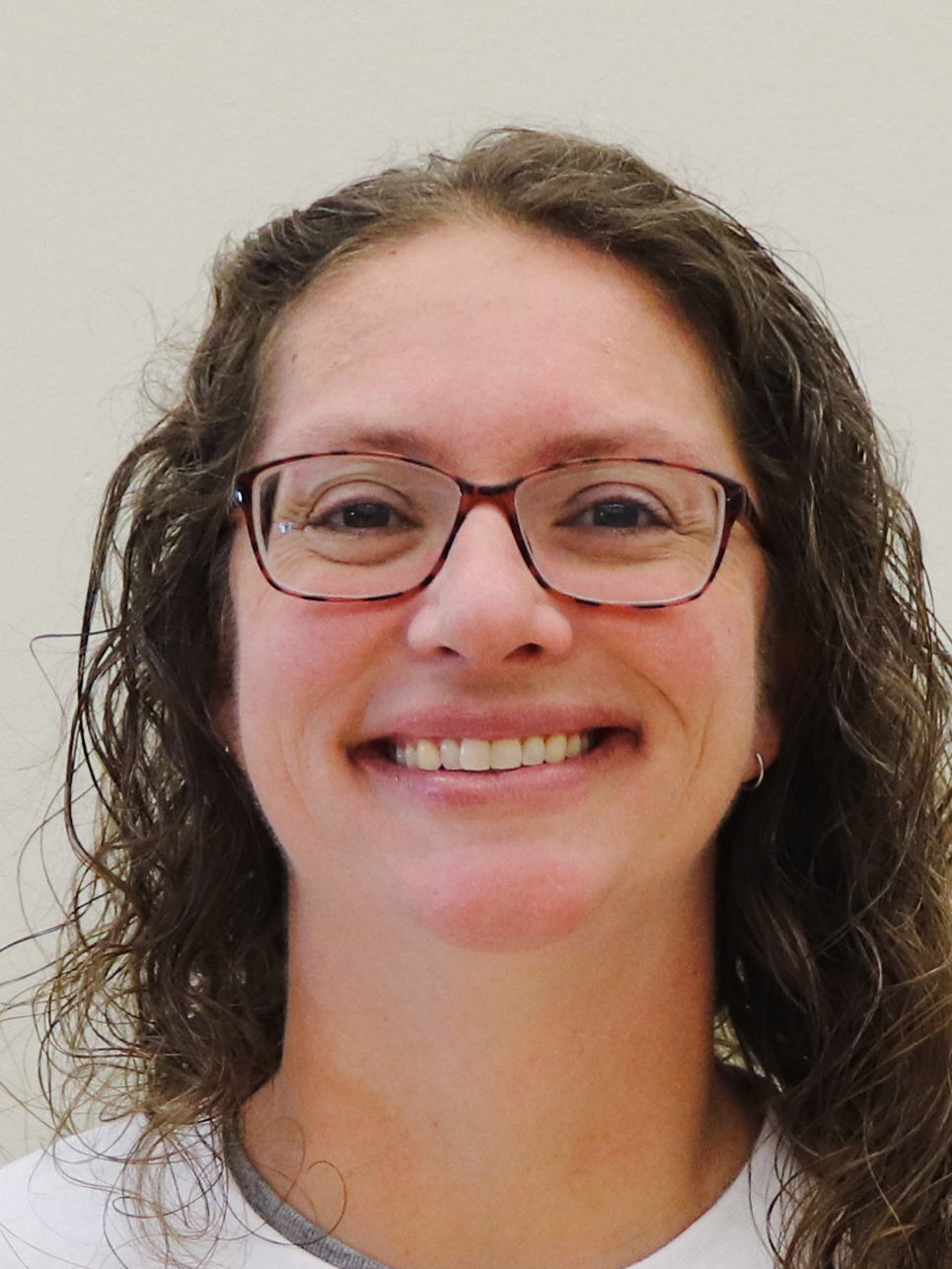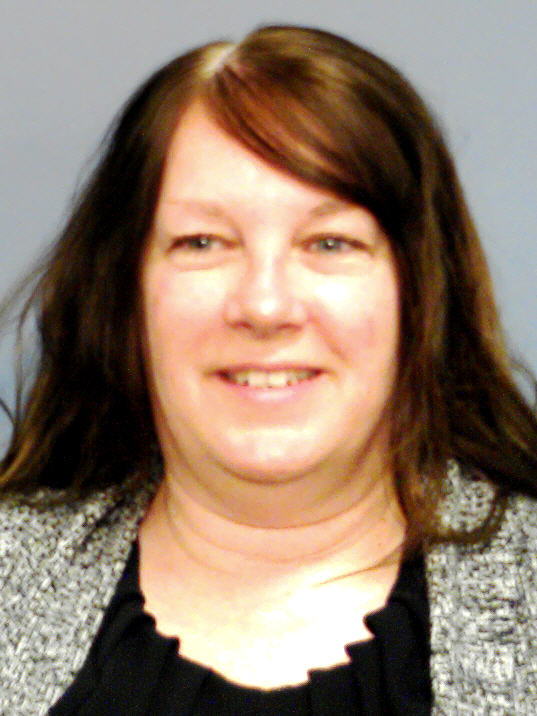Geology

Admissions Office
Admissions Office
Email: admissions@muskegoncc.edu
Phone: (231) 777-0366
Office Hours:
Mon: 8:30am – 6:30pm
Tue-Thu: 8:00am – 5:30pm
Fri: 8:00am – 12:00pm
Counselor
Seth York
Faculty – Counselor – Arts, Humanities & Communication
Email: Counselingandadvising@muskegoncc.edu
Phone: 231-777-0296
Office Hours:
Mon, Wed: 8:00 am - 4:30 pm
Tue: 9:30 am - 6:00 pm
Thu: 8:00 am - 4:30 pm
Fri: 8:00 am - 12:00 pm (virtually)
Program Questions
WHY GEOLOGY?
Geology is amazing!! It includes any and all topics that pertain to the study of the Earth. That means anything from sand dunes and coral reefs to pollution and climate change to tsunamis and earthquakes, magma and volcanoes. A basic knowledge of geology is essential for understanding the place we humans call home.
For the average citizen, a basic understanding of geology is important for understanding the risks and hazards of our natural world, like: earthquakes, tsunamis, volcanic eruptions, floods, and landslides. In addition, the average citizen needs to be able to understand some basic geology to be able to better evaluate the drivers behind current events, political unrest, and environmental regulations, such as: legislation regarding carbon dioxide emissions and climate change, ‘fracking’ and oil production, diamonds and other precious resources used in manufacturing EVERYTHING we use (computers, cell phones, drywall, plastics… the list goes on and on)!
Several classes at MCC focus on different aspects of geology. In physical geology (GEOL101A) you can learn about what materials make up the Earth and what geologic processes control their formation and distribution, as well as an introduction into natural hazards (earthquakes, landslides, etc) and environmental geology (groundwater, contamination, etc). In historical geology (GEOL102) you can learn all about what has happened on Earth in the past, how we know what has happened, and how we might use that information to predict the future. For example, did you know that Pangea is not the only supercontinent that has existed in the past? There have been several and there will very likely be more in the future! In oceanography (GEOL201) you can learn about all aspects of oceanography (physical, geological, chemical, biological) and how these systems interact with one another, particularly in regards to current global concerns like climate change, ocean acidification, and sea level rise.
GEOLOGY FACULTY




